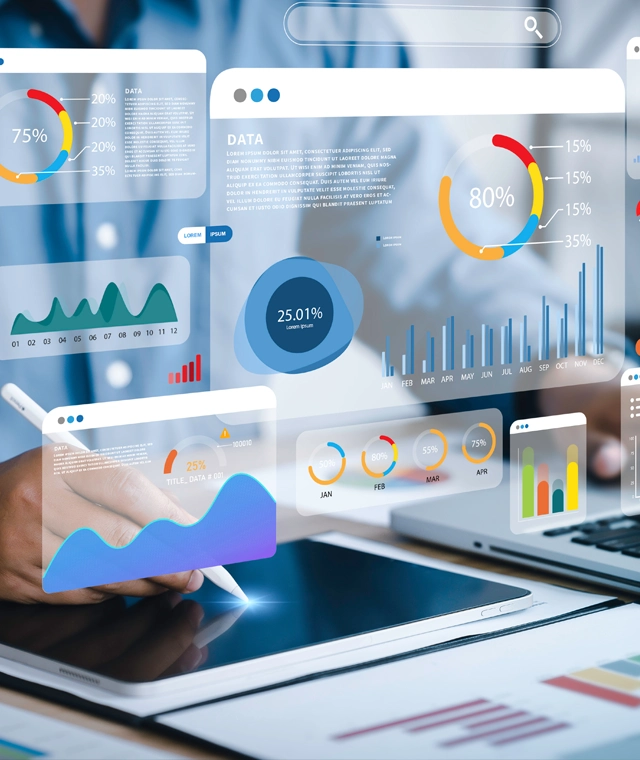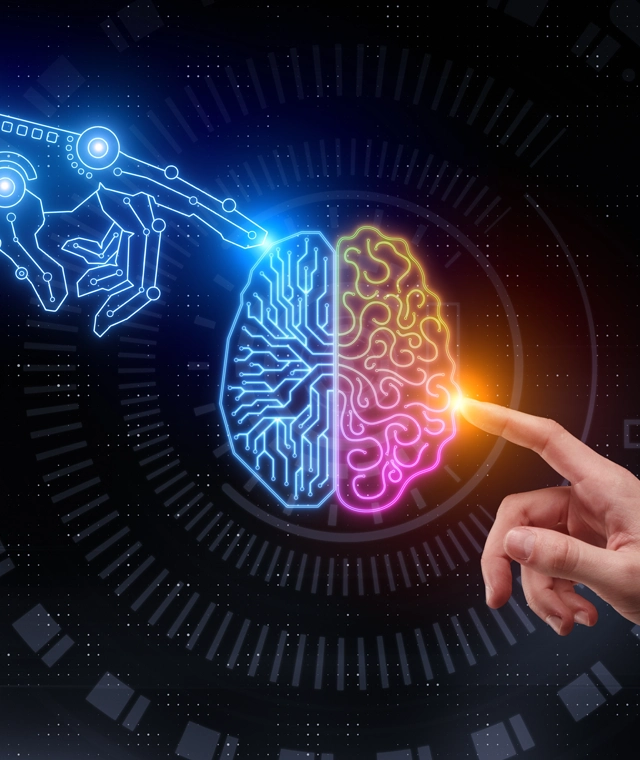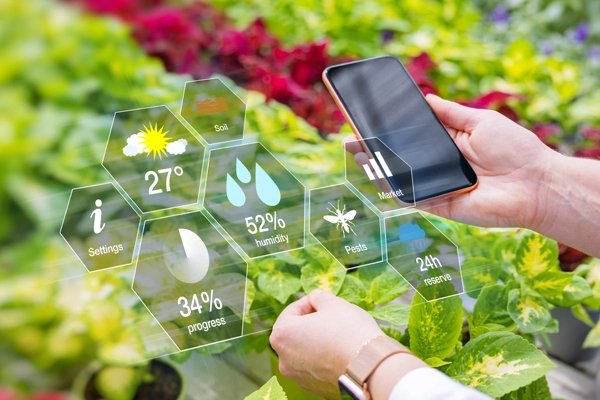
Transformative impact of modern technology on society
Technology has fundamentally reshaped how we live, work, and interact in today’s interconnected world. From revolutionary advances in communication to groundbreaking developments in healthcare and education, digital innovations continue to drive societal transformation across all aspects of daily life.

Digital evolution
impact
Smart devices and automated systems have revolutionized our daily routines, creating unprecedented levels of convenience and efficiency in homes and workplaces.

Communication revolution
Modern technology has eliminated geographical barriers, enabling instant global connectivity through advanced digital platforms and real-time collaboration tools.

Healthcare advancement
Technological innovations in medicine have transformed patient care, introducing sophisticated monitoring systems and improved treatment methods.
Thermal printing: an efficient solution for your labeling needs
Thermal printers are printing devices that use heat to create images or text on special heat-sensitive paper. They are commonly used for applications such as printing receipts, labels and barcodes.
The thermal printing process works by heating specific points on a printhead, causing the thermal paper to react chemically to create a visible contrast. Unlike inkjet or laser printers, thermal printers require no ink or toner, making them simpler, longer-lasting and faster. These printers are particularly popular in commercial environments where speed and reliability are essential.

Educational technology evolution
Digital learning platforms have revolutionized education, making knowledge more accessible and interactive. Virtual classrooms and online resources have transformed traditional learning methods, enabling personalized education paths.
Workplace digital integration
Modern workplaces have undergone significant transformation through digital tools and automation, enhancing productivity and enabling remote collaboration across global teams.
Social impact of digital communication
While technology has enhanced global connectivity, it has also influenced traditional social interactions and community dynamics.

Digital social networks
Social media platforms have created new forms of community engagement and information sharing, fundamentally changing how people build and maintain relationships.

Virtual collaboration
Remote work technologies have enabled distributed teams to operate efficiently, transforming traditional office-based work cultures.

Digital privacy concerns
The increasing digitalization of daily life has raised important questions about data security and personal privacy in the connected world.
Economic transformation through technology
Technological advancements in the digital realm have not only paved the way for the emergence of entirely new industries and professions but have also profoundly reshaped existing business models. These innovations have redefined market dynamics, enabling companies to operate more efficiently, reach global audiences, and adapt to the rapidly changing demands of consumers.

E-commerce evolution
Digital marketplaces have revolutionized retail, creating new opportunities for businesses and changing consumer shopping behaviors.

Financial technology innovation
Digital payment systems and online banking have transformed financial services, making transactions more efficient and accessible.

Digital marketing impact
Online advertising and social media marketing have created new channels for business growth and customer engagement.

Artificial intelligence integration
AI-powered solutions are enhancing business operations and decision-making processes across industries.

Cloud computing adoption
Cloud services have transformed data storage and processing, enabling scalable and flexible business operations.

Cybersecurity measures
Advanced security protocols protect digital assets and sensitive information in an increasingly connected world.
Environmental technology solutions
Smart environmental monitoring systems and sustainable technologies are helping address climate challenges and resource management.

Green energy systems
Renewable energy technologies and smart grid solutions are transforming power generation and distribution.

Waste management innovation
Digital systems optimize waste collection and recycling processes, improving environmental sustainability.

Smart agriculture
Precision farming technologies enhance agricultural productivity while minimizing environmental impact.